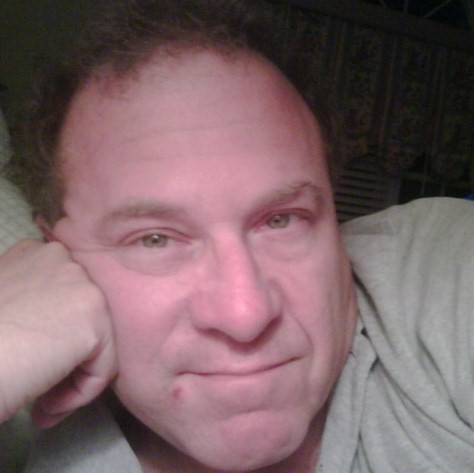Broadcast 3/7/2010 at 6:01 PM EST (512 Listens, 373 Downloads, 2822 Itunes)
Rob Kall Futurehealth Radio Show Podcast
| Copyright © FutureHealth Administrator, All Rights Reserved. Do not duplicate or post on youtube or other sites without express permission. Creative commons permissions for this site do not apply to audio content or transcripts of audio content. | ||||
Bio: Dr. Valdeane W. Brown is an internationally recognized "trainer of trainers", who teaches and consults widely on personal and organizational transformation and computer systems. With a Ph.D. in Clinical Psychology with a background in math, physics, computer programming, philosophy, yoga, meditation and martial arts, Dr. Brown brings a presence and precision to his work, informed by a deep sense of compassion, a profound facility with energy dynamics and commitment to revealing the elegant simplicity inherent in learning and transformation. Developer of the Five Phase Model and co-creator with his wife Sue of the Period 3 Approach to Clinical Neurofeedback, Dr. Brown has realized his vision of a truly comprehensive training system in NeuroCARE Pro, which he personally designed and implemented, meticulously integrating it with Sue's practical wisdom and experience. Dr. Brown provides comprehensive training, consultation and supervision to fellow professionals and healers as well as his clients, and is frequently called upon by colleagues to assist in resolving difficult clinical situations. His vision in bringing NeuroCARE Pro to the world is to make personal transformation effortless and available to all.
If you enjoy this free Podcast, consider purchasing
the following plenary or workshop recordings.
2) Using Non-Linear, Dynamical Measures of Change: Keeping Neurofeedback Training Safe and On Target
3) AN INSIDER'S GUIDE TO NEUROCARE PRO AND NEUROCAREMOTE: WHAT YOU NEED TO KNOW TO GET TO WORK NOW
4) KARMA OR DHARMA: Three Acronyms That Can Clarify The Core of Neurofeedback Training
5) The CARE Approach to Neurofeedback Training; Comprehensive, Adaptive Renormalization of EEG
6) Non-Duality Practices & Neurofeedback
More CDs, DVDs and MP3s by Valdeane Brown
chaos theory/non-linear dynamic theories
Conscious part of the brain is the slowest part.
There is an intrinsic, self organizing wisdom in the central nervous system.
The belief that we can figure out
Small change can lead to enormous change
Small things can lead to huge outcomes.
There's not a linear relationship.... so less is frequently more.
Linear is one plus one is two.
From a non-linear perspective, doing less will frequently get you more.
if you trust the intrinsic wisdom of your body, just like you learned to walk.... the wisdom is in there.
Suffering is optional. Pain is inevitable. BUt the suffering that comes from that is largely self-created.
You don't have to fix stuff, you simply have to interrupt the process in which they are created and the wisdom of the system will take care of things.
Golf-- the interesting thing about golf is less is definitely more.
use neuro-optimal for everything, regardless of what walks in the door, because the system is adaptive.
Problematic that people think they can take a qEEG at the start of training... and after sessions, if you're still working off of that static map, you're missing part of the feedback process.
Always struck me as odd that people think they diagnose up front, get a static training plan and then go ten sessions.
The problem with Z scores is they are linear statistics and the brain is a non-linear system.
Z score training gives the appearance that the expert is in control of the process.
User survey got 33% response from users-- this comprehensive adaptive approach, with no Z-score, no qEEG and is at least as good or better than other approaches.
common misconception is that Neurofeedback is operant conditioning.
If it is, then it's being done incorrectly-- should use variable reinforcement.
comprehensive adaptive, self-adjusting system-- comprehensive because of the large range of frequencies attended to.
Top down vs. bottom up approaches to neurofeedback
Top Down vs. bottom up approaches to health care
dealing with issues of who can use the equipment
Dealing with insurance reimbursement
variability and turbulence in EEG
Size: 35,899,520 -- 1 hrs, 39 min, 41 sec








